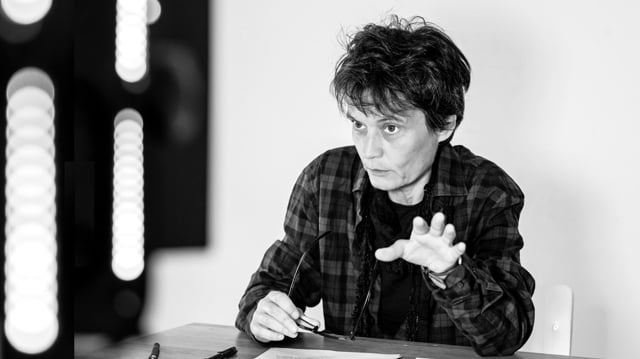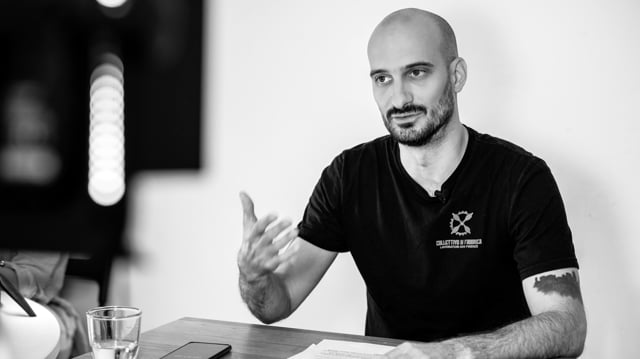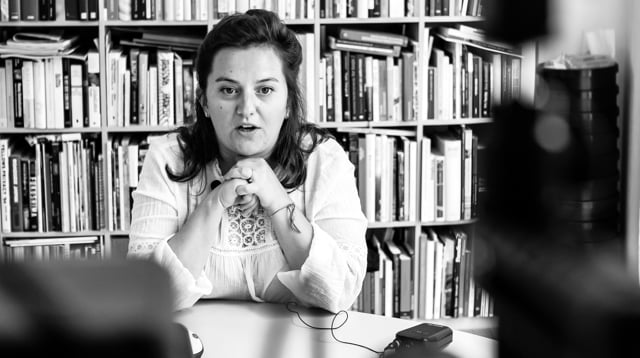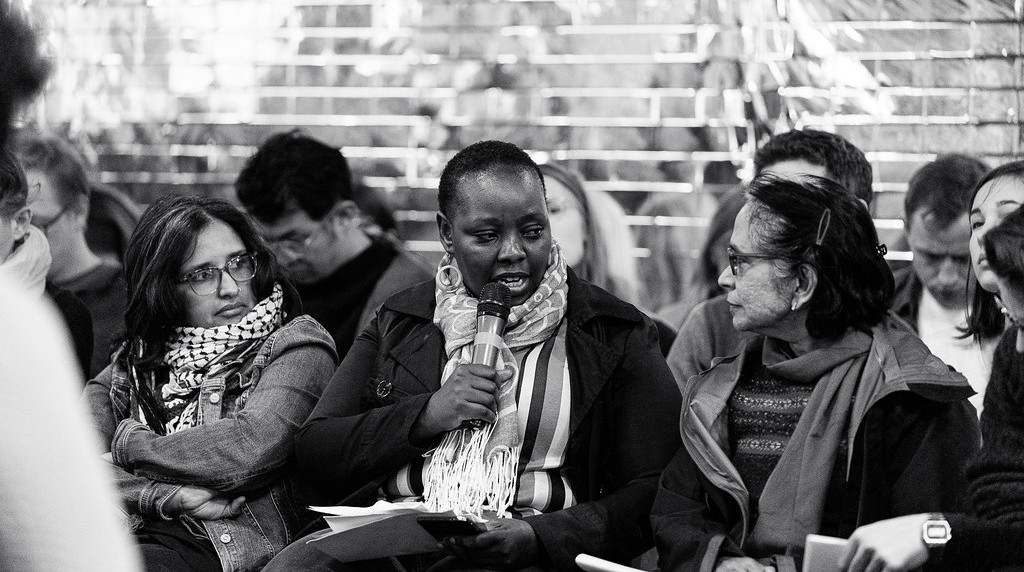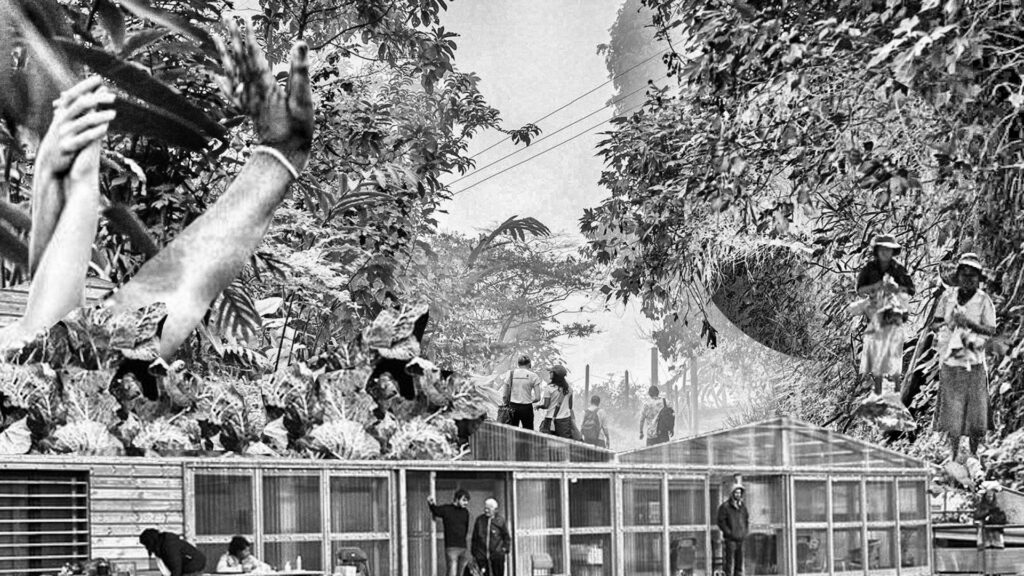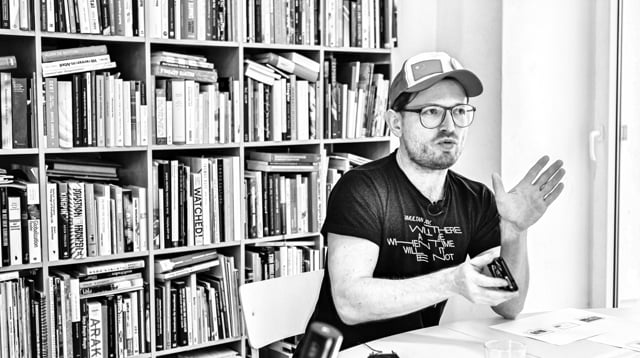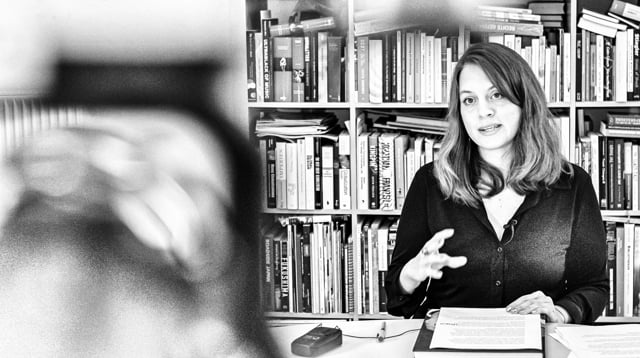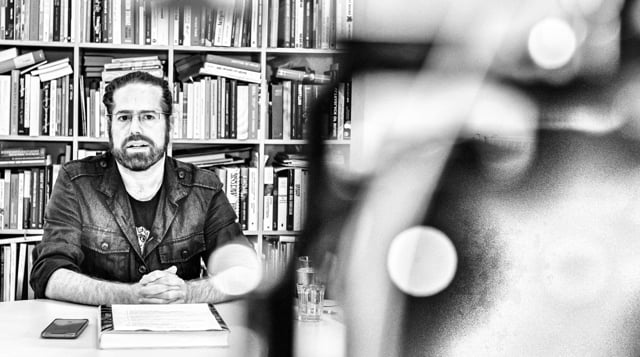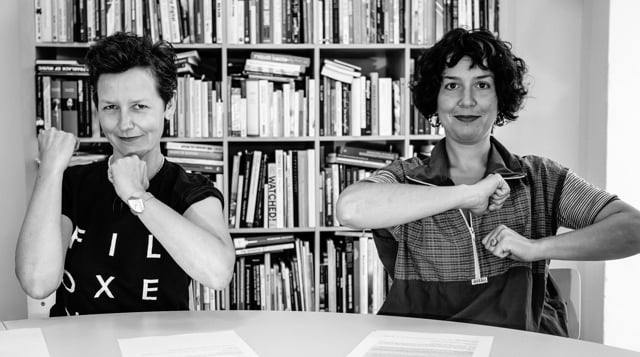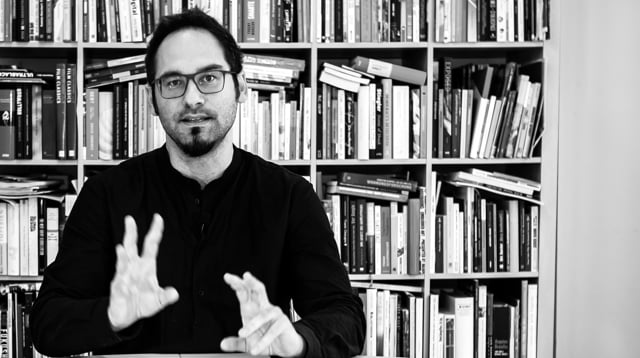Allied Grounds
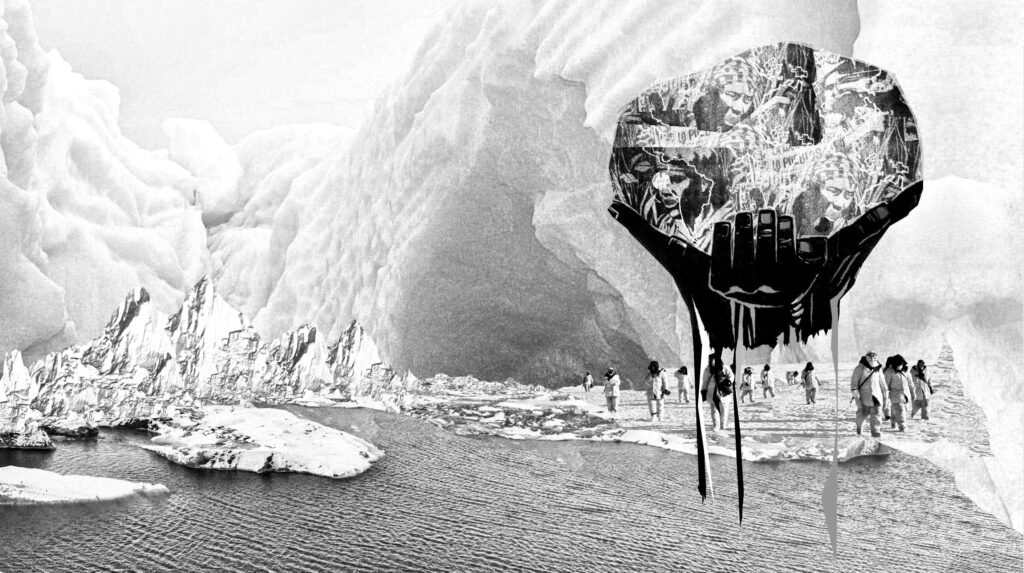
What is the ecological dimension of work? What common interests do workers’ and environmental movements have and what does it mean for these movements to join forces? How can we reclaim the means of (re-)production and transform them into means of sustainable climate (re-)production?
More than 80 activists and scholars share their thoughts on these questions in the form of video talks, projects, and essays. Watch the following video talks by Jennifer Kamau, Svjetlana Nedimović, and Lorenzo Feltrin, before checking out the other materials on the “Allied Grounds” project website.
Politicizing Border Regimes
Border Talks: Harsha Walia, Jennifer Kamau, and Sujatha Byravan (right) talk about climate refugees and international border regimes. Listen to it by clicking the play button below the image. Polina Manolova (top) talks about bureaucratic bordering in the EU and how Eastern Europeans deal with it cooperatively.
Call: 80 researchers, cultural workers, journalists, and activists from 25 countries call on event organizers throughout “Europe” and beyond: Stand together against the EU border regime and publicize the occasions when borders sabotage our efforts to build spaces of transnational conversation and cooperation! Read their open letter.
After Extractivism
The BG project “After Extractivism” (2022) asked more than 80 researchers, activists, cultural workers, and journalists: How can we build our future on the legacies and claims of those who, yesterday as today, have been plunged into existential hardship by the ecological-economic complex? And how can we make such struggles a source of inspiration for a common cause? Contributions include video talks, collaborative projects, texts, and audios.
Projects that were developed in our conference workshops include a mapping of resource wars and an inventory of alternative approaches in Yugoslavia.
The video section includes talks by artist and curator Stefan Tiron (top right), media theoretician Özgün Eylül İşcen (middle right), and social theorist Max Haiven (bottom right).
The text section includes contributions from researcher Nishat Awan on environmental destruction and mass displacement in Pakistan, critical geographer Elena Batunova on the specters of extractivism in the Donbass, philosopher and artist Oxana Timofeeva about Russia’s petro-imperialism and the (in)human geographies of war and scholar-activists Carme Arcarazo and Rubén Martínez on countering the commodification of labor and nature with a new political subject.
Black Box East
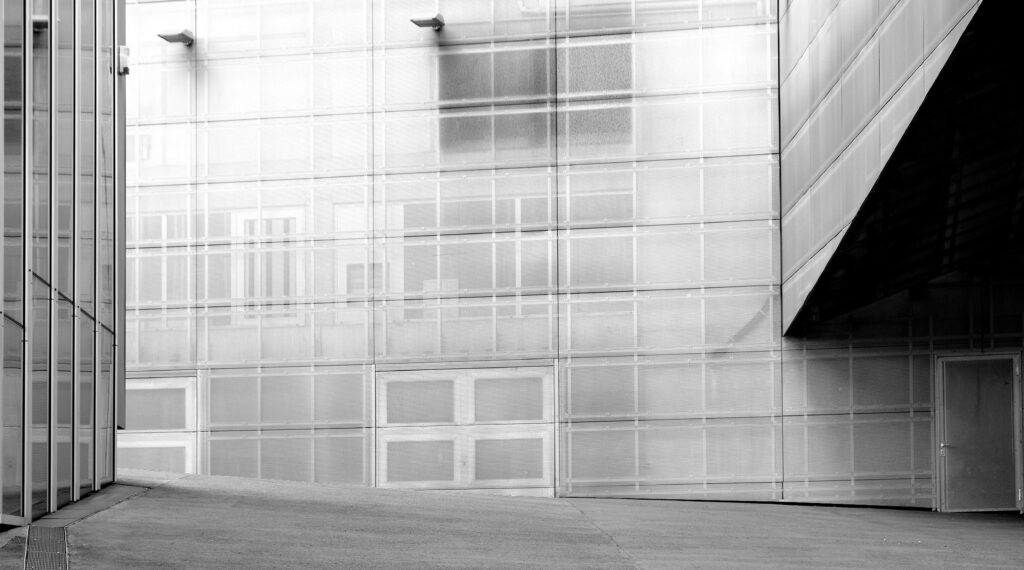
The BG project “Black Box East” (2021) asked more than 80 researchers, activists, cultural workers, and journalists: What does it mean to analyze post-“communist” countries as laboratories of globalization?
Contributions include video talks, collaborative projects, texts, and artworks.
Video talks by theater-makers Johanna-Yasirra Kluhs and Tanja Krone (above) and political theorist Gal Kirn (bottom).
The text section includes contributions by Kasia Narkowicz and Zoltán Ginelli about how anti-colonial rhetoric against “foreign powers” hinders decolonial critique in Poland and Hungary, and Ivana Pražić and Ana Vilenica about deconstructing white feminism and struggling against “whiteness” in Eastern Europe.
Artworks include a mixtape by the Eastbloc Antifascist Sound Alliance. Listen to it by clicking the play button below.
Click on the button to load the content from Soundcloud.
All other contributions can be found on the “Black Box East” resource website.

